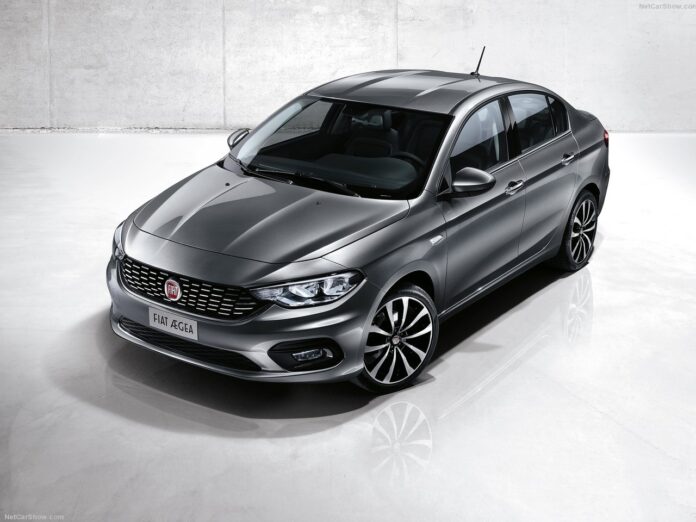Turkish Autos Market in 2025 shows steady recovery. Sales up to May grew 3.6%, with Renault rising to 1st and overtaking Fiat. BYD entered into the Top 10 while securing EV leadership, overtaking domestic carmaker Togg.
Economic Environment
Türkiye’s Medium-Term Program (MTP) for 2025–2027 projects GDP growth at 4% in 2025, rising to 4.5% in 2026 and 5% by 2027, supported by structural reforms and macroeconomic rebalancing. The program targets a GDP of USD 1.77 trillion and per capita income of USD 20,420 by 2027. A core focus is reducing inflation, expected to fall from 41.5% in 2023 to 17.5% in 2025, 9.7% in 2026, and 7% in 2027, aiming for price stability through tighter fiscal and monetary coordination.
Unemployment, revised to 9.3% for 2024, is forecast to rise slightly to 9.6%, as Türkiye pursues a labor market rebalancing strategy aiming to create 2.3 million new jobs. The MTP reinforces fiscal discipline and financial stability, continuing the reform agenda outlined in the 11th Development Plan (2024–2028). To enhance competitiveness, the government plans to raise Türkiye’s share of global FDI to 1.5%, aided by the HIT-30 initiative, which targets high-tech sector investment.
Automotive Industry Trend and Outlook
The Turkish Auto Market is recovering from the negative performance at the beginning of the year. Sales up to May 2025 totaled 489,037 units, up 3.6% from the prior year.
Looking cumulative up to May 2025, brand-wise Renault -up 1 spot- became the new leader (-8.7%), followed by Fiat -down 1 spot- in 2nd (-27.6%) and Ford in 3rd (+1.9%).
Toyota -up 4 spots- ranked in 4th (+53.8%), followed by Volkswagen -down 1 spot- in 5th (+2.9%), Peugeot -down 1 spot- in 6th (+30.9%), and Opel -up 2 spots- in 7th (+24%).
Hyundai -down 2 spots- ranked into 8th (+7.6%), followed by Citroen -down 2 spots- into 9th (-4.9%) and BYD -up 19 spots- closing the top 10 (+1650%).
EV Market Trend and Outlook
The Turkish EV market is undergoing a structural shift, with cumulative registrations gaining 110.9% up to April 2025. EVs now account for 12.4% of new car sales, driven by rising competition from European brands like Fiat, China’s BYD, and local producer TOGG.
However, with only about 1% of vehicles on the road being electric, actual usage remains low, though the trend signals strong potential for future growth.
BYD led the rankings, up 2781.7% and 6 spots, while local Togg lost its spot as leader, though it still grew 24.1%. Citroen closed the top 3, losing one spot but rising 39%.
Medium-Term Market Trend
Between 2014 and 2016, Turkey’s vehicle market experienced strong growth, with sales rising from 767,681 to 983,729 units, a 28.1% increase. However, from 2017 to 2019, the market declined, hitting a decade-low of 486,809 units in 2019. This drop was largely due to the 2018 economic crisis, marked by lira depreciation, inflation, and high borrowing costs that reduced consumer purchasing power.
In 2020, despite global COVID-19 challenges, Turkey’s auto market rebounded 58.3%, surpassing 700,000 units. The recovery was driven by pent-up demand, government incentives, and a preference shift toward personal vehicles.
The market slightly contracted by 4.6% in 2021, reaching 735,170 units. However, 2023 saw a dramatic 56.9% surge to 1.24 million units, fueled by improved supply chains, dealer promotions, and more accessible credit. In 2024, the market stabilized with modest 0.8% growth.
The EV segment grew rapidly, with sales up 2547% in 2023 and 47% in 2024, driven by new models, better infrastructure, and rising environmental awareness.
Tables with sales figures
In the tables below we report sales for all Brands and top 10 Manufacturers Groups.











